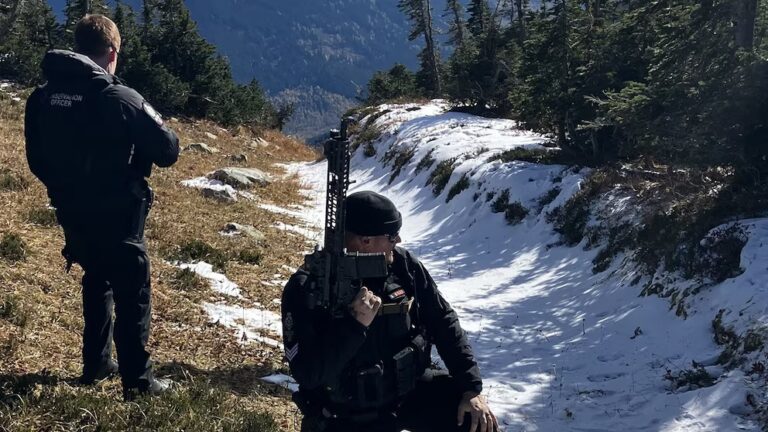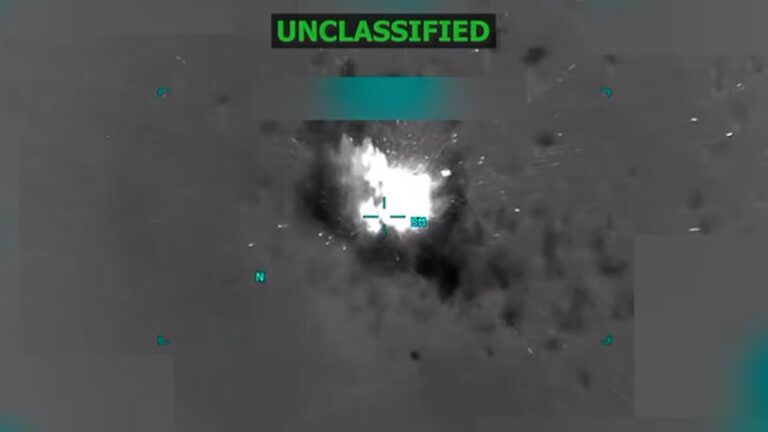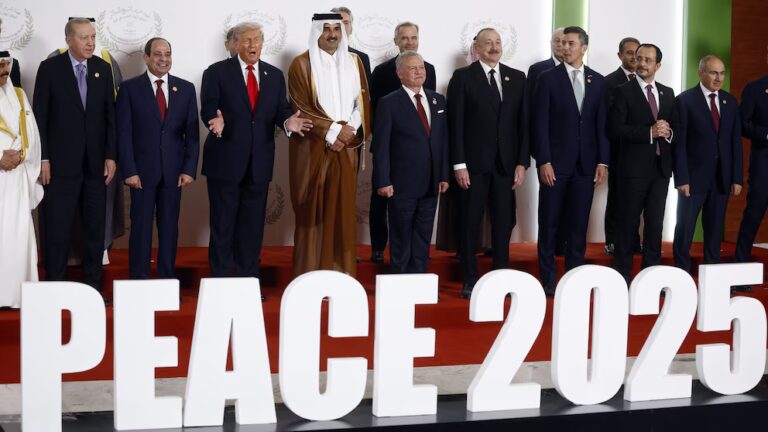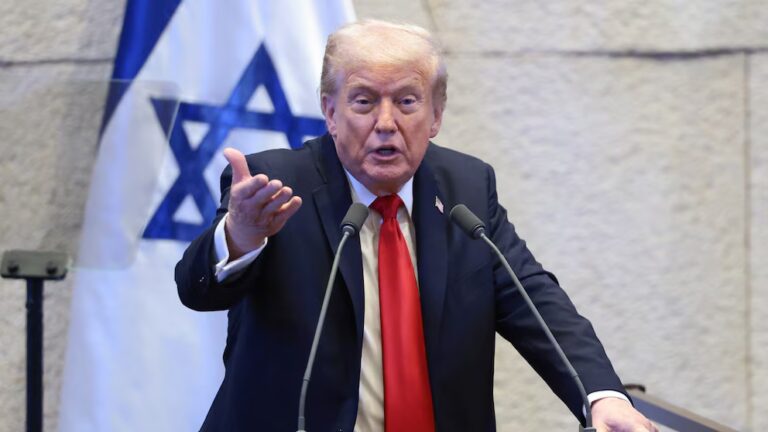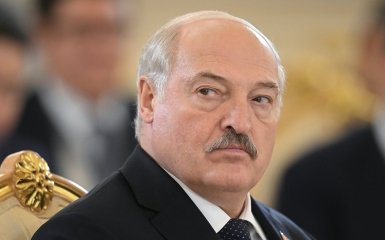
Read in English Поширити
Alexander Lukashenko, the self-proclaimed president of Belarus, categorically dismissed the possibility of a large-scale prisoner release on August 22, despite earlier appeals made by former U.S. President Donald Trump during their phone conversation the previous week.
Key highlights:
- Lukashenko declined to free political detainees following discussions with Trump.
- Opposition activists and human rights organizations allege the existence of over 1,300 individuals held on politically motivated charges in Belarusian prisons.
Lukashenko distances himself from prisoner release
Lukashenko rejects claims of political detainees in Belarus, referring to such individuals as “criminals.”
“Want fifteen hundred or two thousand (however they count them)? Take them to your country. Don’t expect us to release lawbreakers who burned, bombed, and confessed to their crimes. If we free them, they’ll wage war against us again. Society wouldn’t stand behind such a decision.”
Belarusian dissidents and advocacy groups maintain that approximately 1,300 people remain imprisoned for political reasons in the country — a figure previously cited by Trump during diplomatic exchanges.
Many detainees were arrested during Lukashenko’s crackdown on nationwide protests following the contested 2020 presidential election.
Last week’s unexpected call between Trump and Lukashenko, coupled with Trump’s social media post addressing the Belarusian leader as “highly respected” and urging prompt release of detained individuals, hinted at potential diplomatic thaw between Washington and Minsk.
Recall that in June, Trump’s special envoy for Ukrainian affairs, Keith Kellogg, made an unannounced visit to Belarus for talks with Lukashenko.
Поширити
During this diplomatic engagement, Lukashenko’s administration liberated 14 political prisoners, including former presidential candidate Sergei Tikhanovsky — freed after spending more than five years incarcerated.

